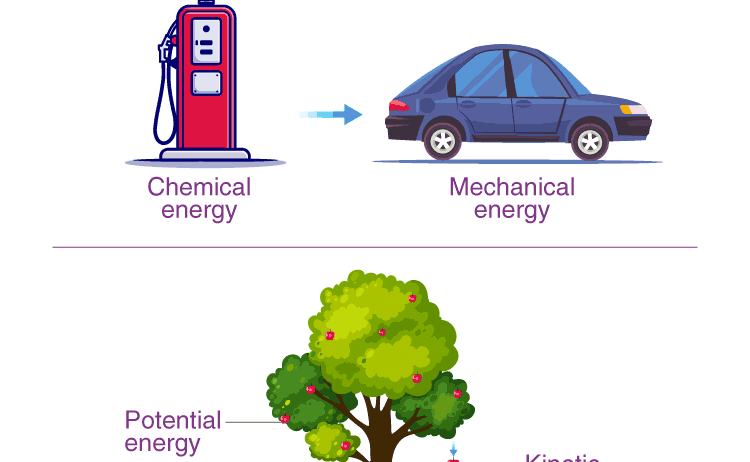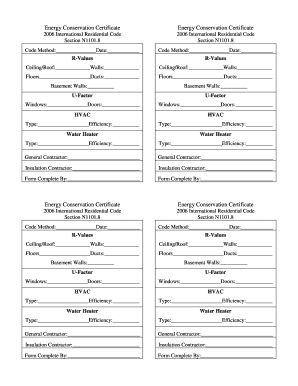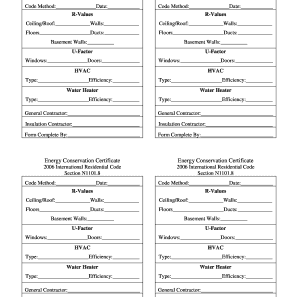The Law of Conservation of Energy is a fundamental principle of physics asserting that energy cannot be created or destroyed; it can only be transformed from one form to another. This tenet has been foundational in the study of various scientific fields, including thermodynamics, mechanics, and even quantum physics. Since its inception, there have been numerous investigations and discussions surrounding its validity in various contexts, from classical mechanics to modern theoretical frameworks. Thus, the question arises: has the Law of Conservation of Energy been proven or disproven?
Initially articulated in the 19th century, the law garnered support from numerous experiments and theoretical developments. Its underpinnings are rooted in empirical observations. For example, when a pendulum swings, its potential energy at the highest point is transformed into kinetic energy as it descends, and then back again as it ascends. This cyclical transformation underscores the inherent stability and conservation of energy within a closed system. Such examples can be seen across various phenomena in the natural world, making the law remarkably robust.
The law applies to closed systems — systems where no energy is lost to the external environment. However, the real world is filled with open systems, where energy transfer can lead to distortions of this principle. For instance, in thermodynamic systems, energy can be dissipated as heat, which complicates the straightforward application of conservation principles. Despite this, the overarching idea that energy remains constant in a closed system has withstood the test of time and experimentation.
In physics, particularly in classical mechanics, the law has been profoundly successful in explaining and predicting the behavior of physical systems. This includes mechanical systems where potential energy, kinetic energy, and thermal energy interplay in a harmonious orchestra. Even in realms such as electromagnetism and fluid dynamics, the principles derived from the Law of Conservation of Energy apply. The uncanny predictability of these transformations equips engineers and scientists with a framework for innovation and problem-solving. However, skeptics of classical interpretations argue that as we delve deeper into quantum mechanics, instances arise where energy conservation seems less straightforward.
In quantum physics, for example, the interactions among particles may appear to defy traditional interpretations of energy conservation. Quantum fluctuations imply that energy can, momentarily, seemingly vanish and reappear — leading to substantial discussions within scientific communities. Nonetheless, even such anomalies do not negate the fundamental law. Rather, they challenge our understanding of how energy conservation manifests at subatomic levels. In effect, while the law may not always apply straightforwardly, it remains an essential principle, albeit interpreted through a more nuanced lens in these modern contexts.
Moreover, the application of the Law of Conservation of Energy extends beyond pure physics. It impinges upon disciplines such as environmental science, where the conservation of energy has critical implications. For instance, energy-predictive models that assess climate change impacts hinge upon our understanding of energy transformations within biological and physical systems. The continuous conversion of solar energy into chemical energy by plants epitomizes this, forming the backbone of our ecosystem’s energy structure. Furthermore, human intervention, such as fossil fuel combustion, illustrates the transformative potential of energy — albeit with significant ecological ramifications.
The phenomena of energy transfer and conservation are also fundamentally linked to various technologies we utilize. Renewable energy sources, such as wind and solar, operate under the premises established by conservation principles. Technologies harnessing these sources embody the Law of Conservation of Energy in action, illustrating not only the law’s veracity but also its pertinence in addressing contemporary issues like climate change. Conversely, advancements in energy-efficient systems validate the theory by demonstrating how energy can be conserved, optimized, and repurposed effectively.
As societies grapple with the impending consequences of climate change, the Law of Conservation of Energy gains renewed significance. Energy management now demands a transformation of how we view energy consumption and emissions. Movements towards sustainability necessitate not only a reevaluation of existing energy infrastructures but also new perspectives on energy conservation principles. This underscores a broader acknowledgment that while the Law of Conservation of Energy remains unassailable, its application demands innovative approaches as societal priorities shift towards sustainability.
In summary, the Law of Conservation of Energy has been robustly validated within the realms of classical physics and observable phenomena. It serves as a guiding principle in diverse scientific domains, carrying substantial implications for environmental science and engineering. Though modern physics, particularly quantum mechanics, introduces nuances that challenge simplistic interpretations, the foundational adherence to energy conservation persists. Ultimately, the ongoing investigations into energy manifestations continue to elucidate our understanding, reinforcing the importance of energy conservation principles in addressing contemporary challenges such as climate change. The legacy of the Law of Conservation of Energy remains as significant today as it was when first formulated, shaping our interactions with physical systems and informing our strategies for a sustainable future.








